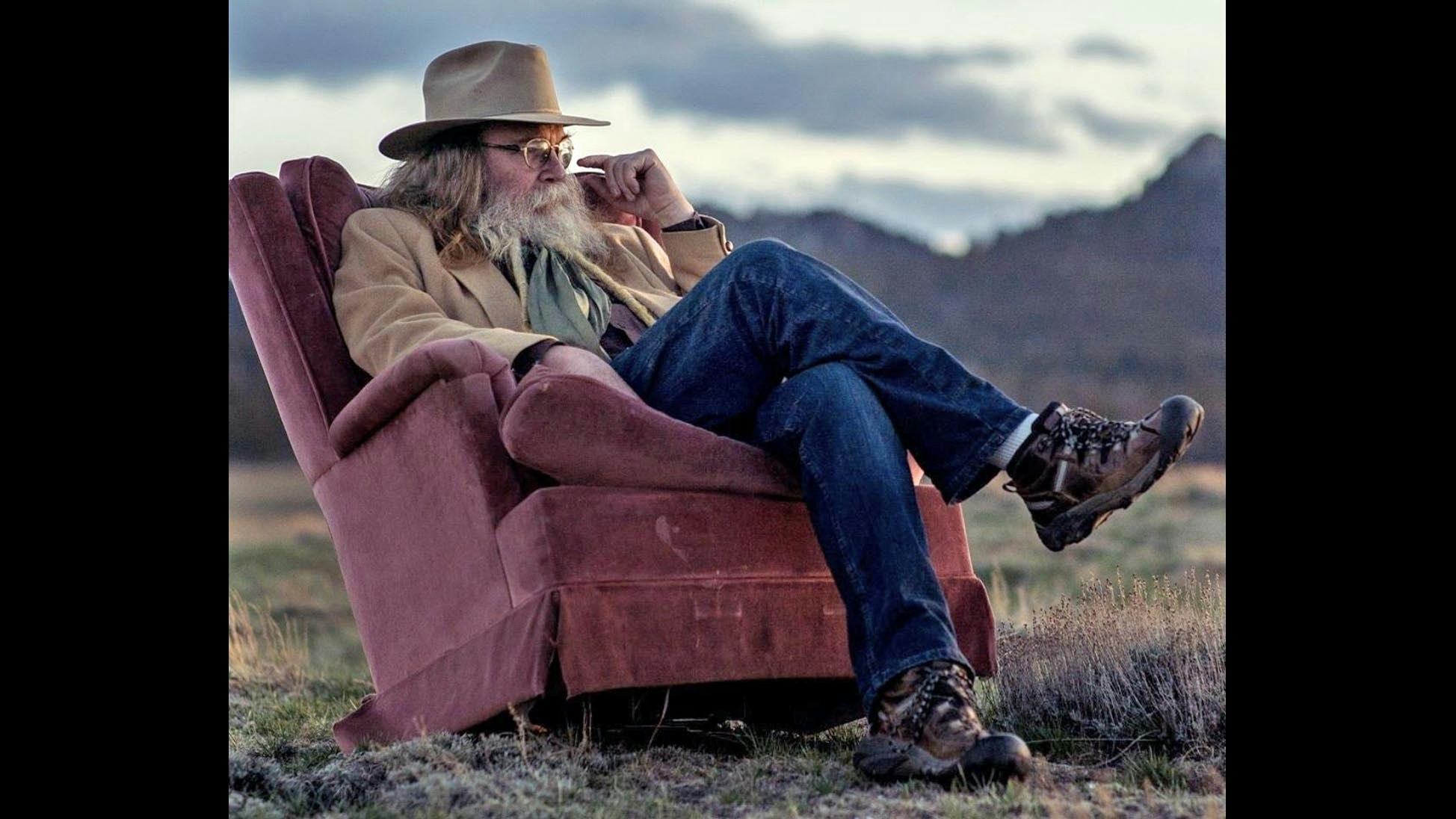Don’t you just hate that pesky law of unintended consequences? Like when you finally solve a persistent, thorny little problem only to create another problem with longer thorns. Admit it, you’ve done it. We all have.
And we may have just done it again with the recent court decision in Carbon County regarding “corner crossing” as a legal means to access public lands.
If you are new to the 307, or have been asleep for the past few decades, “corner crossing” means going from one section of public land to another across the intersection of the X where public and private lands meet at a corner.
“Corner Crossing” has been a perpetual bugaboo for recreational users of public lands and owners of adjacent private lands that lack public easements, particularly in the checkerboard area of southern Wyoming. The theory has always been that, if a landowner refuses access across his ranch, then the only way to get to public lands is to find the corner where two public sections bump against two private sections and cross at that corner.
The first judicial test of this theory, to my knowledge, occurred in the late 1970s, when the BLM wanted to create access to Seminoe Reservoir by building a road across a corner shared by Leo Sheep Co., the adjacent private landowner who objected to the project
After a lengthy court fight, resulting in a bunch of lawyers getting rich, the U.S. Supreme Court shot the idea down. The Court’s rationale held that the grading of a road across section corners was actually a “taking” because private land (the 8 feet or so necessary for a road) would be taken from private hands.
This loss in court led hunters and other recreational users of public lands to start thinking about simply finding those section corners and stepping over them to get to public lands. No road, no foul they reasoned. All they would be doing would be to briefly occupy the air over a tiny hunk of private land.
Really, who owns that air?
The Carbon County case involved four non-resident hunters who built a portable step ladder to climb up and over section corners. They were caught in the act by the manager of Elk Mountain Ranch, charged with trespassing and found not guilty by the jury.
While it must be noted that there is a civil case pending in federal court over the same event, this is the first precedent established that considered access through “air space” over private land. According to the logic in this decision, private property rights only apply to the surface and subsurface, and not to the air above.
This decision is far from settled law, and the precedent established is a bit shaky, but outdoor enthusiasts have celebrated the Carbon County decision as a huge win. With the court implying that airspace over private land is public domain, recreational users consider the problem of access via corner crossing as solved.
Let’s look at the court’s decision from another angle. The Wyoming Legislature will soon tackle the issue of “drone trespass” where anonymous drones hover over private property in “public airspace”. Legislators themselves have complained about drones buzzing around their homes and property, so it’s a safe bet that the Legislature will dive into the issue.
But their work will be complicated by the Carbon County decision. According to that legal reasoning, airspace above private property is public. And if drones are hovering over your backyard while your wife and daughter sunbathe, or they peek into your windows at night with infrared cameras, there’s nothing you can do about it.
Those little triangles of “public airspace” around section corners will become the space above your private property. And for the Legislature or a court to say that they differ somehow because of use, and one class of citizen can use it for access, but another class can’t use it to fly their drones, would violate our legal doctrine of “equal protection”.
Again, the dust hasn’t settled on this issue, but this is the situation we are left with now. Don’t you just hate that pesky law of unintended consequences?





